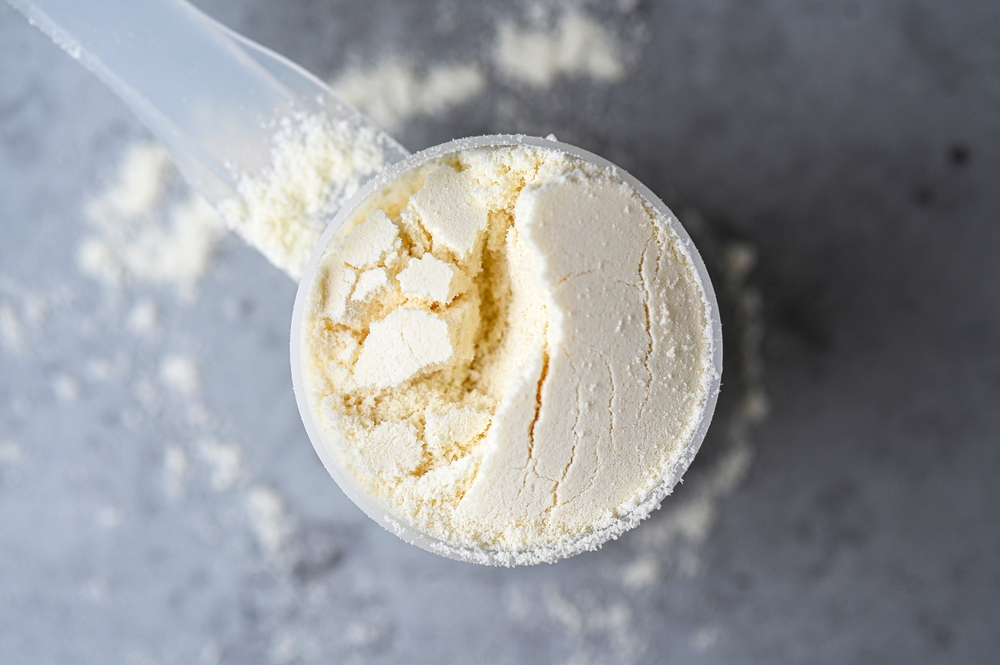Fri, 04/25/2025 - 11:03

fitness info and more right in your inbox.
When most people hear “creatine,” they picture muscle-bound gym bros pounding pre-workout shakes. But that tired stereotype is long overdue for retirement. The truth is, creatine isn’t just for athletes—it’s one of the most well-researched, safest, and universally beneficial supplements on the planet.
And if you care about brain health, aging, cellular energy, or mental performance, it’s time to pay attention.
What Is Creatine?
Creatine is a compound your body makes naturally and stores primarily in your muscles—but also in your brain. It's found in foods like red meat and fish, though most people don’t get enough through diet alone.
Its job? Creatine helps your cells rapidly regenerate ATP (adenosine triphosphate), the body’s primary energy currency. That’s crucial not just for sprinting or weightlifting, but for anything that requires fast energy turnover—like solving problems, managing stress, or recovering from illness.
Creatine for Physical Performance
Let’s get this out of the way first: Yes, creatine helps with muscle growth. But that’s just the tip of the iceberg.
Decades of research—over 1,000 peer-reviewed studies—show creatine enhances:
- Muscle strength and power
- Exercise recovery
- Hydration inside muscle cells
- Lean body mass retention during calorie restriction or aging
In athletes, it boosts performance. In older adults, it prevents muscle loss. In postmenopausal women, it improves strength. In vegans—who often have lower baseline creatine—it fills in critical nutritional gaps.
It’s not about getting “huge.” It’s about building and preserving functional strength, especially as you age.
Creatine for Brain Health: The Untold Story
Here’s where things get really exciting—and criminally underreported.
Your brain accounts for just 2% of your body weight but consumes around 20% of your body’s energy. That makes it one of the most metabolically active organs you have—and one that depends heavily on creatine for fast ATP recycling.
Emerging research shows creatine supplementation can:
Enhance Cognitive Function
Creatine improves working memory, mental clarity, and processing speed, especially in high-demand situations like sleep deprivation or intense mental effort. In multiple studies, people taking creatine performed better on IQ tests and logic tasks than those who didn’t.
Protect Against Neurodegeneration
Because creatine supports mitochondrial health—the energy engines of your cells—it may have neuroprotective effects. Early evidence suggests creatine may slow progression in diseases like Parkinson’s, ALS, and traumatic brain injury by improving cellular energy and buffering oxidative stress in neurons.
Support Mental Health
Creatine may even play a role in mood regulation. Low brain energy is linked to depression and anxiety. By improving ATP availability in brain tissue, creatine could offer a new pathway for managing mood disorders—especially in women, where early studies show promising antidepressant effects.
Why Most People Should Supplement
Contrary to fear-based headlines and gym myths, creatine is not dangerous for your kidneys (in healthy individuals), does not cause hair loss (the evidence on DHT is speculative at best), and doesn’t cause “bloating” (it increases water in the muscle, not under the skin).
Creatine is:
- Safe
- Affordable
- Extensively researched
- Easy to take daily
Optimal dosage:
- 3 to 5 grams of creatine monohydrate per day
- No need to “load” unless you want faster results
- Timing doesn’t matter—morning, post-workout, or evening all work
Who Benefits?
Honestly? Almost everyone.
- Athletes looking for performance gains
- Women going through hormonal transitions
- Vegans and vegetarians with low dietary intake
- Busy professionals managing cognitive fatigue
- Older adults fighting age-related muscle and brain decline
- Anyone who wants more energy and resilience at the cellular level
The Bottom Line
Creatine is no longer just the go-to for bodybuilders—it’s the secret weapon for total human performance. If you’re training without creatine, you’re leaving “gains" on the table. And, If you care about brain health, mitochondrial resilience, and aging well, creatine is essential.
It’s time we reframe creatine for what it truly is: a low-cost, high-impact molecule that supports strength, cognition, longevity—and a sharper, more powerful you.

